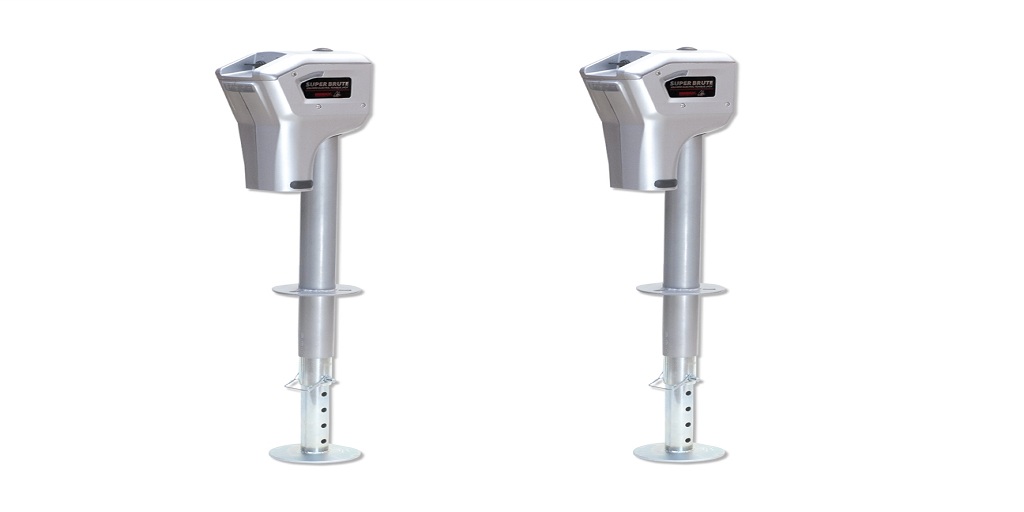Given the tough competition you will see around in the childcare domain, there is a greater pressure on the childcare centers to find ways to continuously improve the quality of their center in every way. Efforts in these lines can play a sure role to promote the brand image and increase the enrolments and revenue. Here are the five important pointers you must know to improve the quality of your childcare center.
Safety, health and happiness of the learners must be the top priority
Children’s safety, health, and happiness are non-negotiable parts of quality care and education in every setting. Promoting physical health and social-emotional, language, and cognitive development needs mitigating risks and promoting children’s opportunities to engage with instructors, caregivers, other children, and the surrounding environment. The need to comply with strict licensing standards and a thorough monitoring of the ongoing programs are critical. An examination of existing state regulations reveals that present kid protections are insufficient which you must adequately address in your center.
Continuously train your teachers and staff
Managers, instructors, and caregivers who deal with young children on a daily basis are at the root of elevating the quality of early care and education. Despite efforts to promote higher standards and opportunities for professional development, the current staff confronts challenges like low educational level, and average yearly salaries for some workers are below poverty limit for a family of four. Advancements in the content and quality of early childhood development programs; opportunities for monitored internships and student teaching; rigorous and relevant ongoing professional development; pay equity; and coaching, consultation, and guidance that facilitate the application of modern knowledge to daily practices should all be prioritized.
Make use of assessments and observations to address the need of every child
Good programs collect data on child’s academic, mental, interpersonal, and physical growth on a regular basis. The National Research Council has issued recommendations for selecting and implementing child evaluations that are suitable for children’s developmental, cultural, and linguistic features. Assessment results should drive communications with parents, teaching methods, syllabi, and ways to help every child learn and improve in the most effective way possible. In an ideal world, such tests would coincide with state requirements for what children must understand and be able to do before they enter kindergarten.
Create partnership to promote quality
A larger early childhood service system which contains healthcare access and medical homes for small kids, social progress and mental health care that focus on prevention and management, comprehensive parent interaction that is responsive to parents’ requirements, and parental support services to help parents access needs and create their capabilities to meet their children’s development is the need of the hour your program must address. Strong relationships within early childhood institutions and across service delivery systems, resource coordination, and standard alignment are all crucial for promoting high-quality early welfare and education programs that can address the full spectrum of children’s and parents’ requirements.
Investing in a good CCMS software can help streamline your operations, and save on time, human resources and effort to be able to focus more on improving the quality of your programs, care and offerings.









![[Pretty Much] Everything You Wanted to Know About Unicycle Seatpost Clamps](https://www.enewsdiary.com/wp-content/uploads/2023/09/1024512-64-90x60.jpg)


